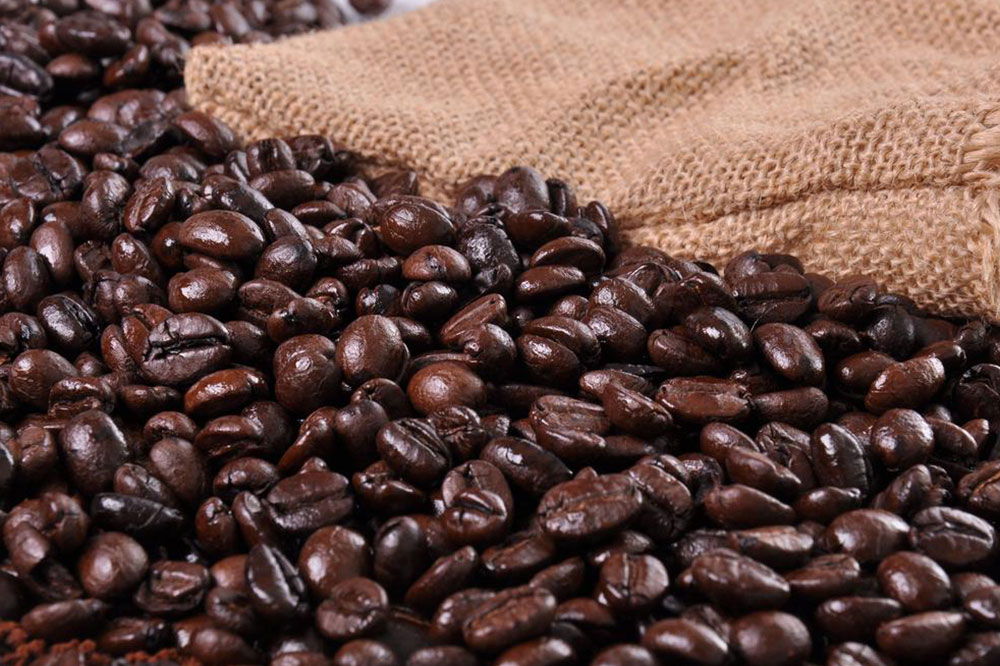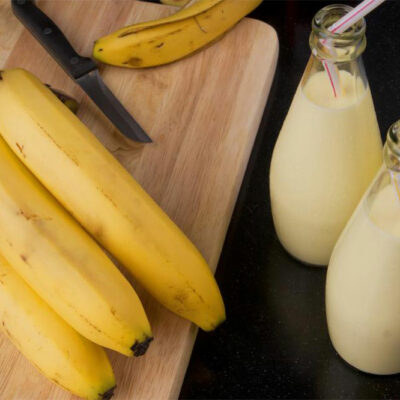
Foods To Avoid for Bipolar Depression
One’s physical and psychological well-being is largely affected by their diet. Bipolar depression is a mental disorder, but following a proper diet helps manage the symptoms associated with it. These symptoms oscillate between two extreme and opposite mood cycles of depressive lows and manic highs. Patients suffering from bipolar depression can begin by making small changes to their diet to prevent triggering the symptoms and improve overall well-being.
Since bipolar depression is associated with intense and unpredictable emotional cycles, following a diet that is high on carbohydrates and saturated fats is recommended. Helpful diet tips for managing bipolar depression also advise patients to stay away from trigger foods for depressive emotions. To follow the diet tips for managing bipolar depression, one should ensure that these food items are left out of their diet:
- Caffeine
It is a stimulant believed to trigger mania. While small quantities do tend to exacerbate negative symptoms, generous doses of caffeine can impair sleep. This can also cause mood swings in patients suffering from bipolar depression and worsen the condition. - Sugar
A sugar-rich diet is harmful to everyone, and the same holds for people with bipolar disorder. While sweets may temporarily provide an energetic rush, sugar is a bad idea for people with bipolar depression. Research evidence shows that the intake of sugary snacks can interfere with bipolar medication, making them less effective. - Alcohol
Alcohol is a depressant and is known to intensify bipolar depression due to its sedating effects. It greatly increases the severity of mania, so patients suffering from bipolar depression must avoid the consumption of alcohol. - Grapefruit
This citrus fruit is believed to increase the levels of commonly prescribed bipolar medications in the blood, so it must be avoided. - Processed foods
Junk food like chips, fries, granola bars, frozen foods, and other fatty foods are not good for the heart. They can lead to a host of ailments by interfering with prescribed medication, so bipolar disorder patients are advised to leave them off their plates. - Salt
As people suffering from this condition have comorbidity to heart diseases and high blood pressure, they should limit their intake of sodium. Professional help must be sought to determine the levels of sodium one can take if they are suffering from this mental disorder.
Another important thing to know is that patients of bipolar disorder tend to binge eat more than others. Binge eating is associated with triggering suicidal thoughts, psychosis, anxiety disorders, and substance abuse. So, these tendencies need to be controlled, especially when experiencing mood swings.
There is no cure for bipolar disorder, but simple lifestyle changes can significantly control some tendencies associated with depressive emotions. The intake of nutritious food is a great way to improve the quality of life of patients, and the above-mentioned diet tips for managing bipolar depression can help in bringing about helpful changes to the diet. One can also consult a nutritionist to get started on beneficial diet plans.


